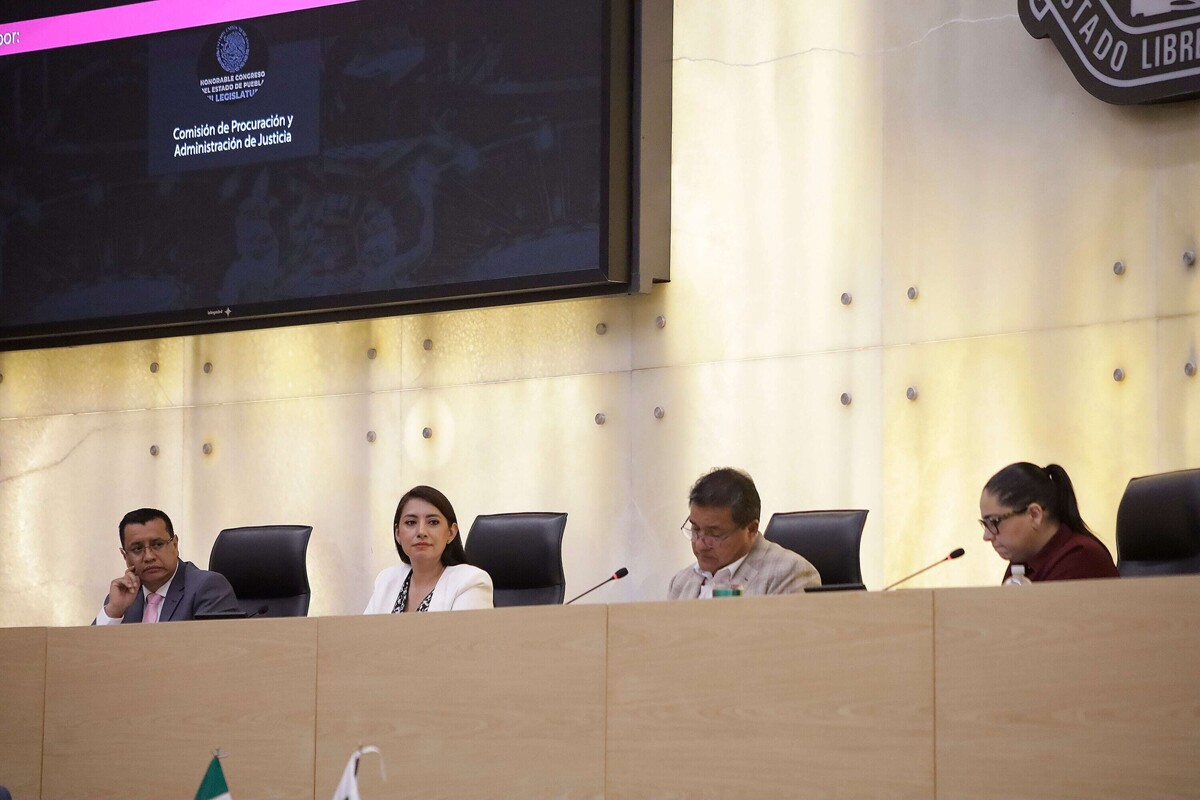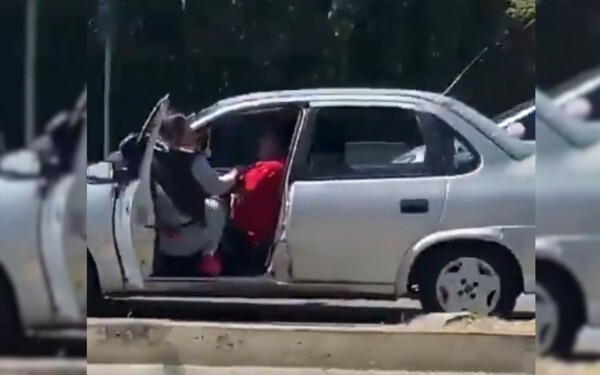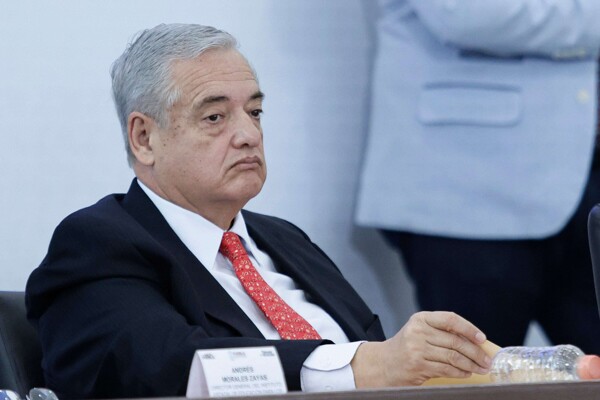
The deputies and presidents emanating from Morena can seek re-election in the 2027 elections, as there are no impediments within the party's guidelines or in the current legislation. This was confirmed in an interview by Morena's national councilor and deputy in the Congress of Puebla, Julio Huerta Gómez, who indicated that in the State Congress, the 17 deputies from Morena have the possibility of running again in the 2027 midterm elections.
“There is no impediment as a party and much less as a law for re-election to be possible,” he commented. The local deputy explained that, although the prohibition of nepotism in the selection processes for public positions will be celebrated starting in 2027, re-election did not undergo any modifications. In this context, Huerta Gómez clarified that nepotism will be a practice that will be eliminated immediately, but the figure of re-election will remain in force until 2030, as established within the party.
Huerta criticized the internal resistances that have arisen regarding the constitutional reform promoted by the President of Mexico, Claudia Sheinbaum Pardo, who originally proposed eliminating re-election in 2027. However, it was ultimately decided to maintain the possibility of re-election until 2030. “Unfortunately, there are people who are bargaining with the president, and that is certainly not politically healthy,” Huerta stated, referring to the councilors who have tried to amend the initial proposal.
The legislator also warned that the lack of consensus could lead some political actors to leave Morena in search of candidacies in allied parties, such as the Labor Party (PT) and the Ecologist Green Party of Mexico (PVEM), which could offer them a platform to compete in the upcoming elections.
On the other hand, the Labor Party, an ally of Morena, also expressed support for the re-election of its deputies and municipal presidents in 2027. Deputy José Luis Figueroa indicated that a thorough evaluation of the profiles of those seeking to repeat in office will be carried out to determine if they meet the requirements and expectations to extend their mandate in the municipalities.
This scenario reflects the tensions and agreements within the coalition, in a context where re-election and nepotism continue to be key issues in Mexican politics.













